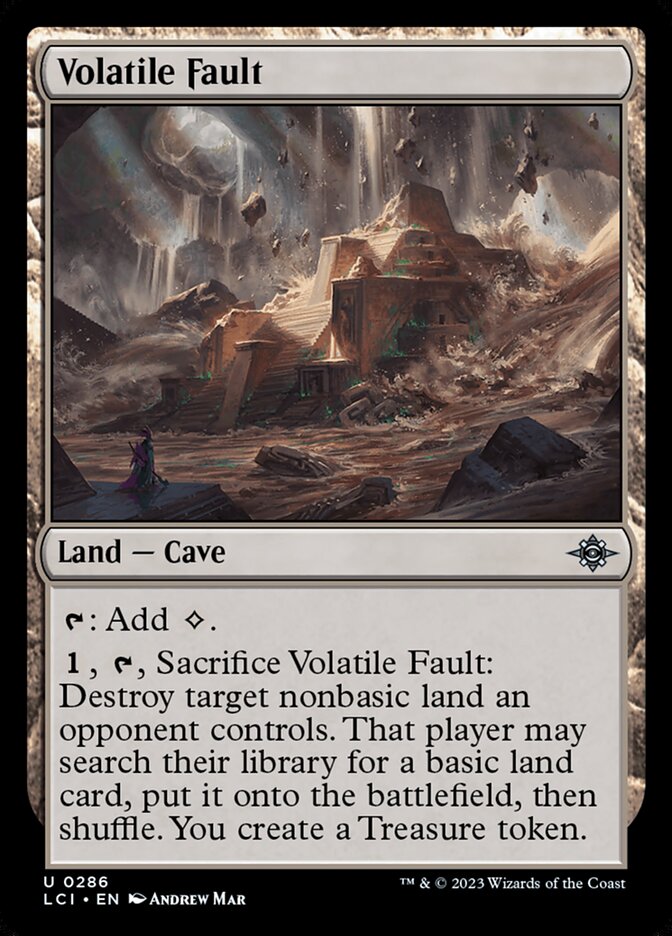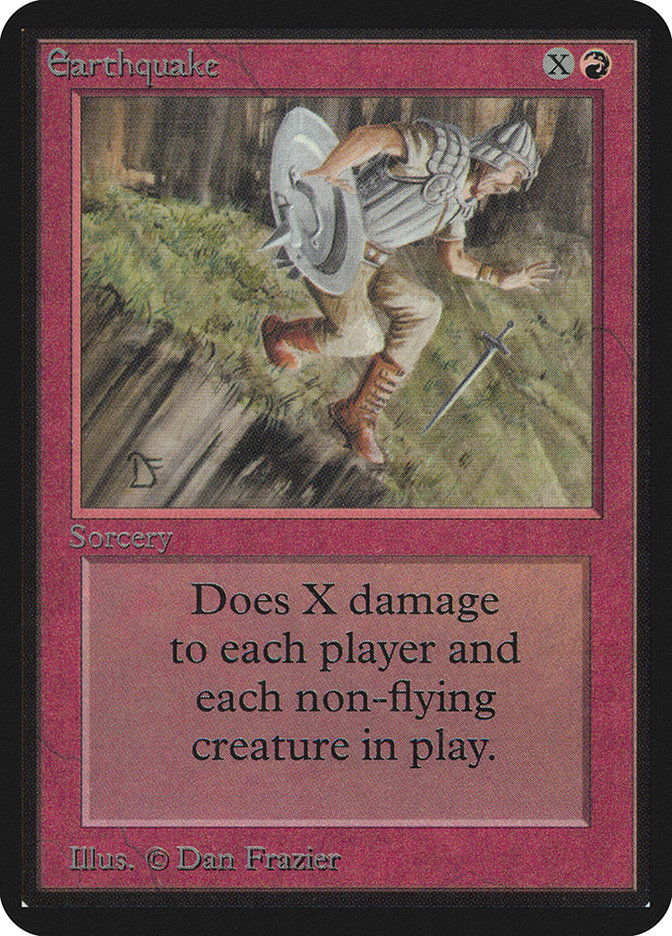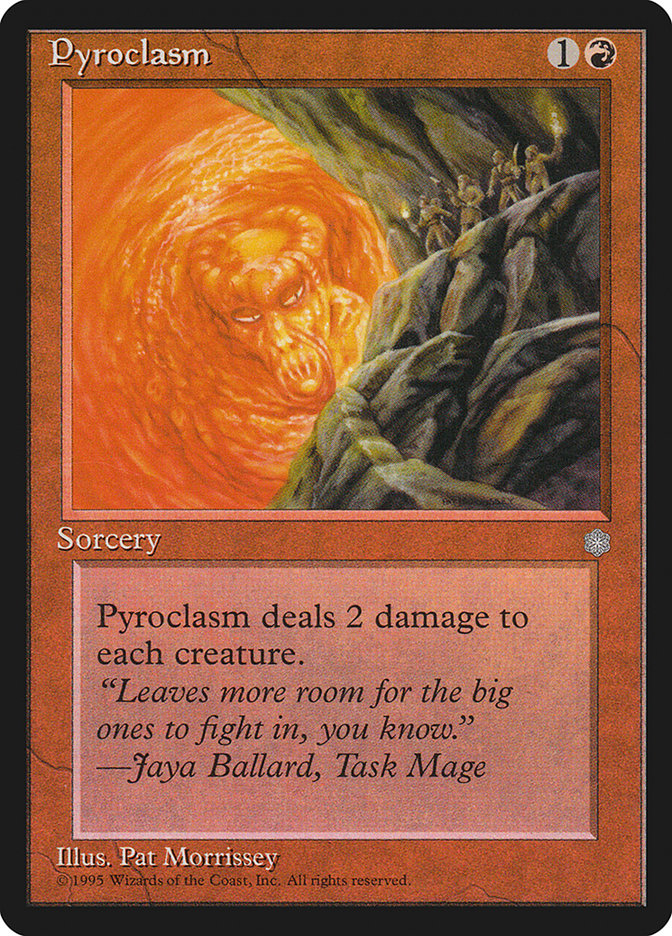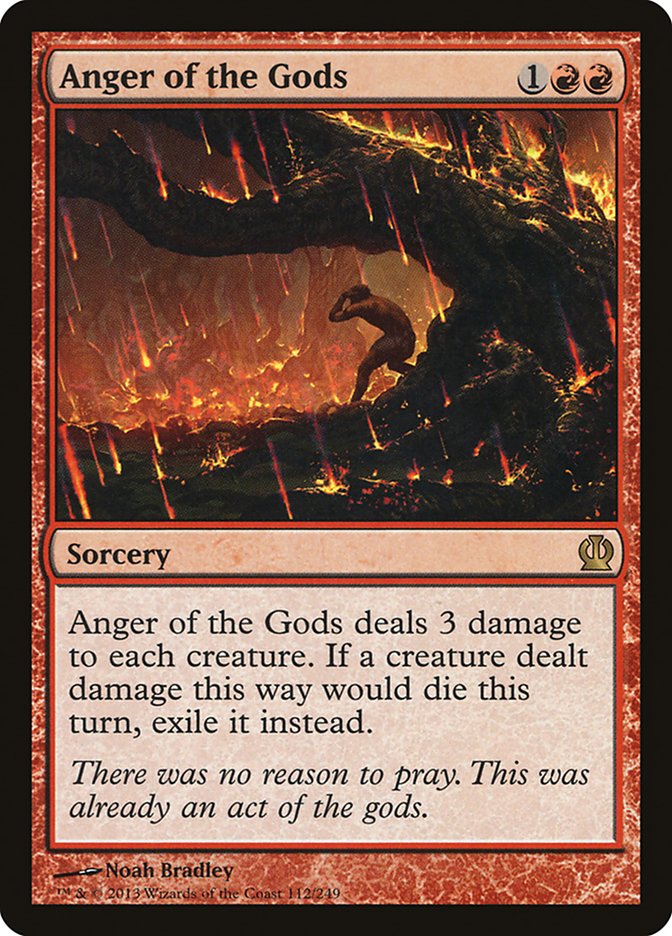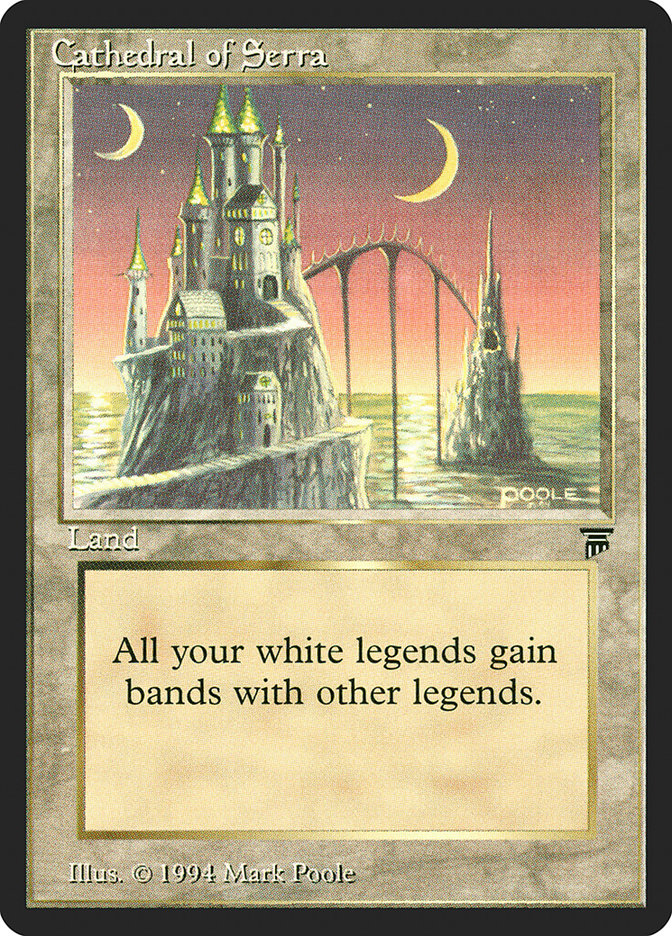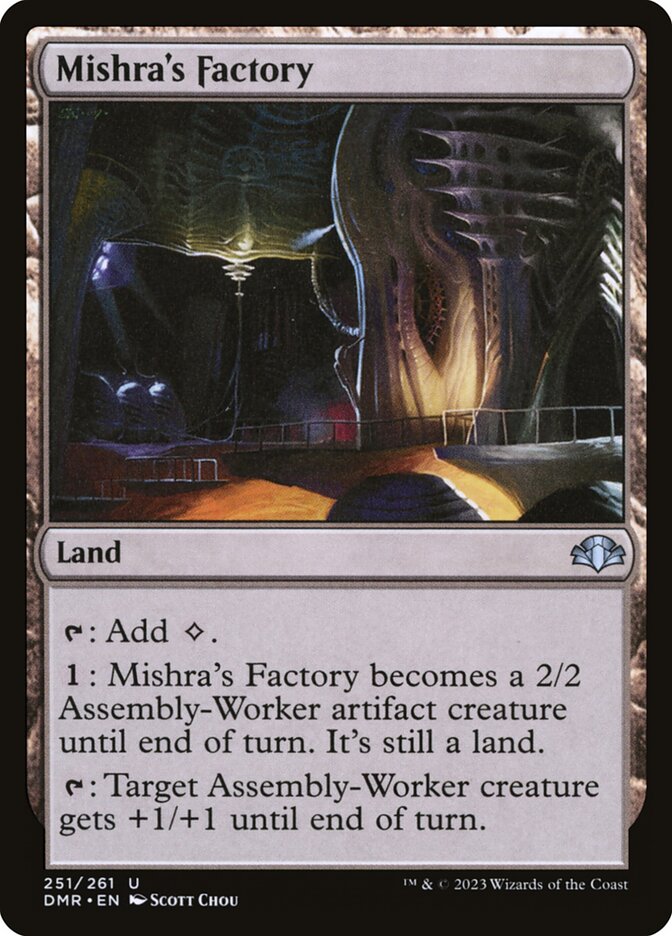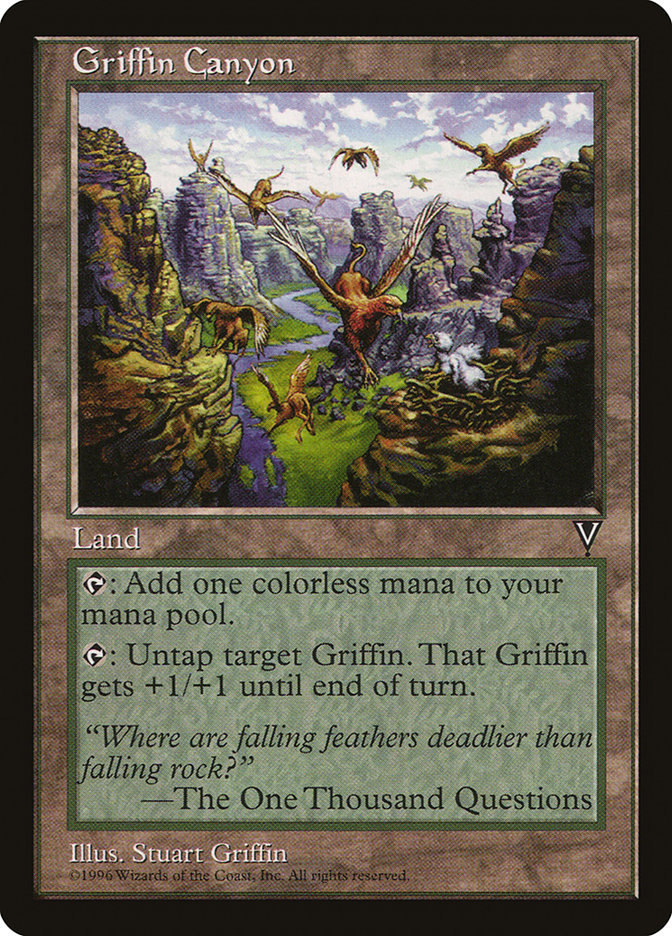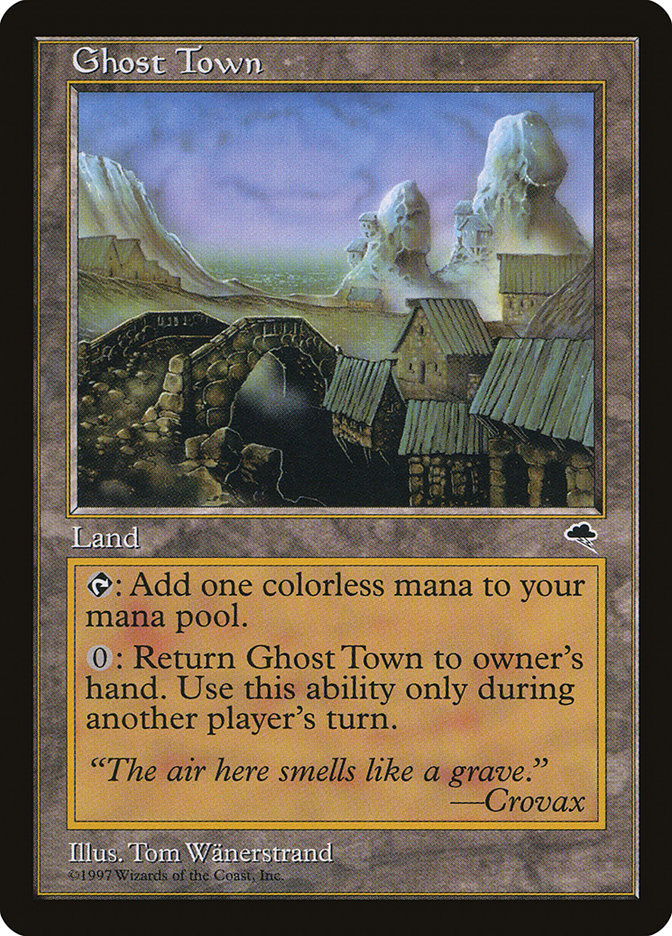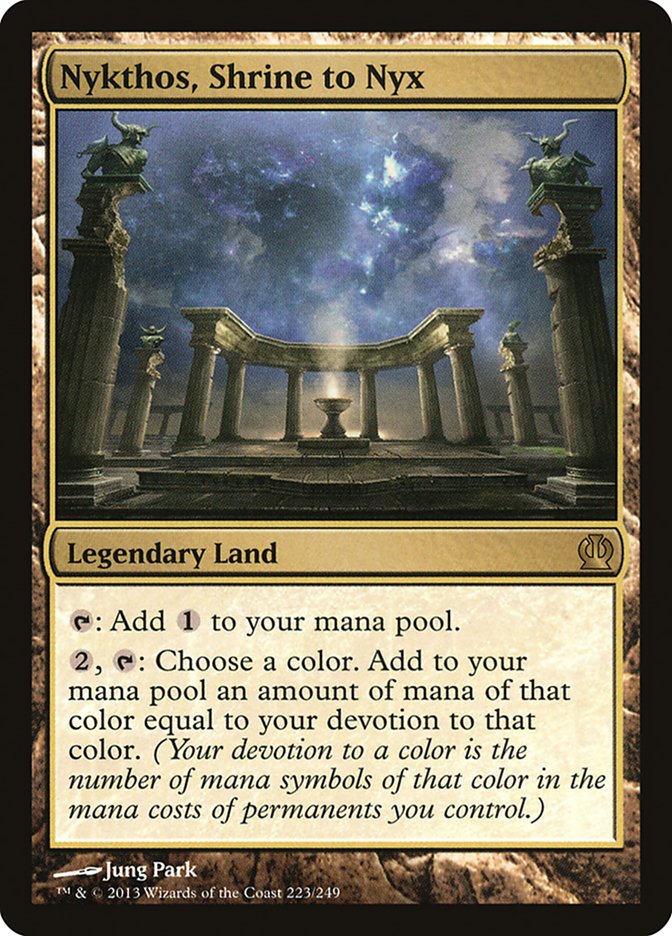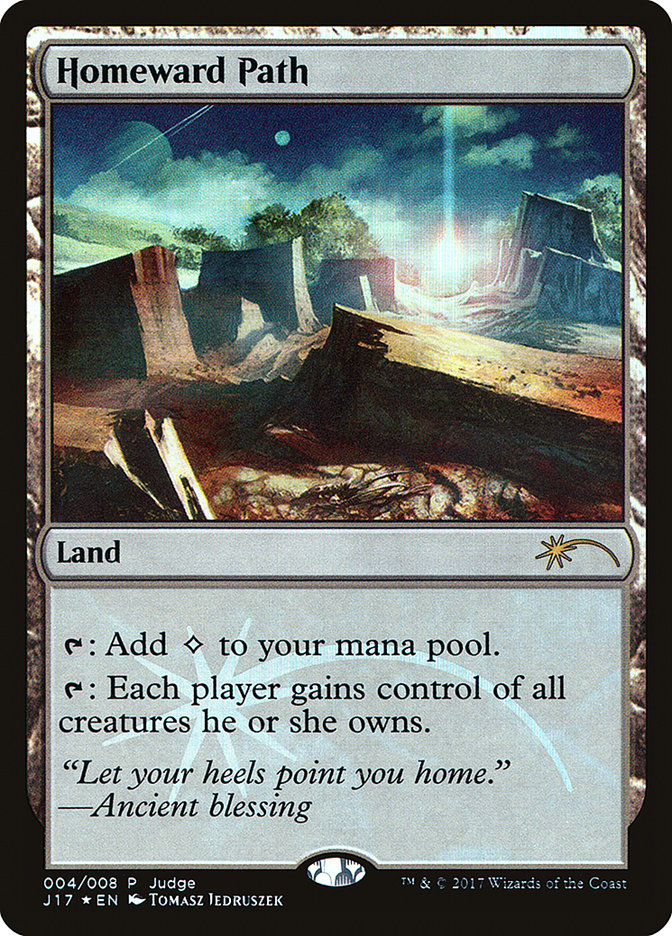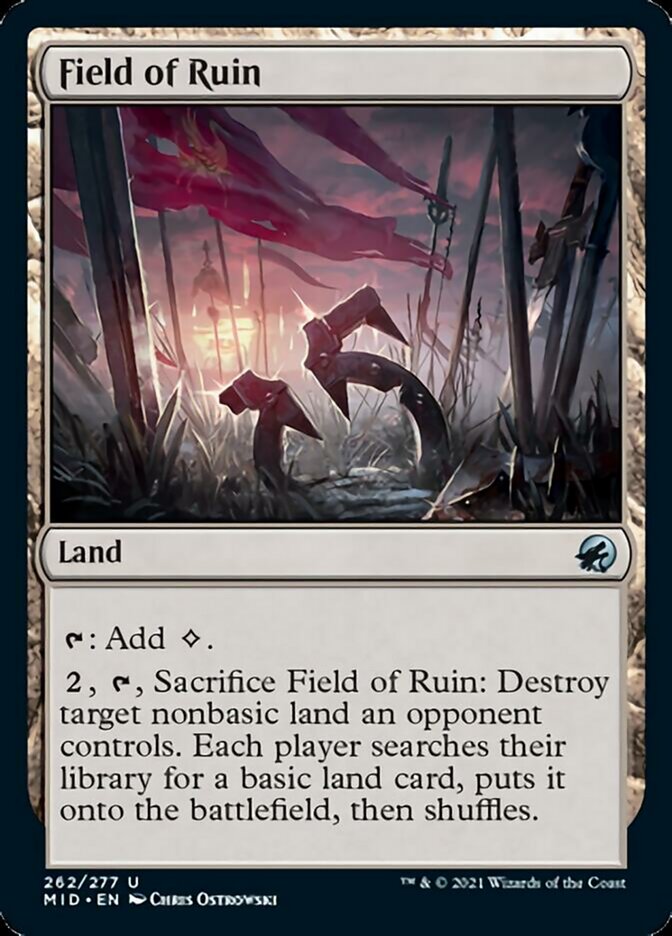Volatile Fault MTG Card
| Card sets | Released in 2 setsSee all |
| Rarity | Uncommon |
| Type | Land — Cave |
| Abilities | Treasure |
Text of card
: Add . , , Sacrifice Volatile Fault: Destroy target nonbasic land an opponent controls. That player may search their library for a basic land card, put it onto the battlefield, then shuffle. You create a Treasure token.
Cards like Volatile Fault
Volatile Fault has carved a niche in the realm of area denial spells within Magic: The Gathering. It shares common ground with cards like Earthquake, in its ability to scale damage to creatures and players depending on the mana invested. However, Volatile Fault offers strategic flexibility— it can be cycled away for another card, a component absent in Earthquake, allowing players to adapt to the current game state more effectively.
In relation, cards such as Pyroclasm and Anger of the Gods sweep the battlefield with a fixed amount of damage. These spells are cost-effective at controlling early-game creature threats. Volatile Fault differentiates itself by not being bound by a set damage limit, thus scaling its destructive power as the game progresses. While Pyroclasm and Anger of the Gods come at a lower cost and are preferable in fast-paced, aggressive strategies, Volatile Fault’s scalability can be a game-changer in the later stages.
Despite the presence of these other formidable options, Volatile Fault stands out for its versatility and late-game impact. The ability to adapt its effect to the necessary scale makes it a unique and valuable toolkit for players looking to control the pace of the match and decimate multiple threats in one fell swoop.
Cards similar to Volatile Fault by color, type and mana cost
Card Pros
Card Advantage: Volatile Fault provides valuable board control by enabling you to potentially remove multiple threats with a single spell. This efficiency not only clears the way for your own attacks but also keeps your hand full by not needing to play several cards to deal with each individual threat.
Resource Acceleration: While this aspect isn’t directly related to mana generation, playing Volatile Fault can result in a kind of pseudo resource acceleration by disrupting your opponent’s deployment of costly creatures. By handling multiple creatures with Volatile Fault, you can effectively set your opponent back on their own resource curve, allowing you to play your impactful spells sooner in the relative tempo of the game.
Instant Speed: The instant speed of Volatile Fault offers tactical flexibility, allowing you to decide the most opportune moment for disruption. Whether it’s during your opponent’s attack phase or in response to a game-changing spell, instant speed means Volatile Fault can be a surprise factor that opponents must constantly consider, altering their strategies accordingly.
Card Cons
Discard Requirement: One drawback of Volatile Fault is the requirement to discard a card upon activation. This can be particularly cumbersome when your hand is nearly depleted or if you’re holding onto key pieces for your strategy.
Specific Mana Cost: Volatile Fault demands a specific mana composition to cast, which requires at least one red mana. This can pose a challenge in multicolored decks that may struggle with achieving the necessary mana base consistently.
Comparatively High Mana Cost: With the requirement of three generic and one red mana, Volatile Fault’s casting cost is on the higher side, which could detract from its playability. This cost might deter players, especially when there are alternatives with lower mana requirements that can trigger similar effects or provide strategic advantage earlier in the game.
Reasons to Include in Your Collection
Versatility: Volatile Fault offers a wide range of applications across various deck types with its ability to disrupt opponents’ lands while simultaneously ramping your own mana base.
Combo Potential: This card can seamlessly integrate into land destruction strategies or pair well with cards that capitalize on landfall triggers, enhancing its synergy within your deck.
Meta-Relevance: In environments where nonbasic lands dominate, Volatile Fault gains increased importance, offering both a tactical advantage against multicolored decks and bolstering your mana acceleration in the process.
How to beat
Volatile Fault adds a layer of unpredictability to MTG games, coming across as a ticking time bomb on the battlefield. This card has the capability to wreak havoc, potentially transforming a losing game into a winning one. To effectively counter it, players need to adopt a proactive strategy. Timing is crucial; ideally, you want to have removal ready or creatures with Hexproof or Indestructible to nullify Volatile Fault’s impact on your board state.
Another approach involves minimizing the card’s usefulness by controlling the number of permanents on your side or strategically choosing which permanents to play. This may reduce the overall damage sustained from its trigger. Additionally, fast-paced decks could aim to outpace the threat, applying enough pressure so that when Volatile Fault finally goes off, its effect is either negligible or too late to turn the tide in your opponent’s favor.
Ultimately, understanding the mechanics and interactions with Volatile Fault is key. Managing your own permanents and incorporating preventive measures could be the difference between defusing the Fault or allowing it to explode to your detriment.
Where to buy
If you're looking to purchase Volatile Fault MTG card by a specific set like The Lost Caverns of Ixalan and Modern Horizons 3 Commander, there are several reliable options to consider. One of the primary sources is your local game store, where you can often find booster packs, individual cards, and preconstructed decks from current and some past sets. They often offer the added benefit of a community where you can trade with other players.
For a broader inventory, particularly of older sets, online marketplaces like TCGPlayer, Card Kingdom and Card Market offer extensive selections and allow you to search for cards from specific sets. Larger e-commerce platforms like eBay and Amazon also have listings from various sellers, which can be a good place to look for sealed product and rare finds.
Additionally, Magic’s official site often has a store locator and retailer lists for finding Wizards of the Coast licensed products. Remember to check for authenticity and the condition of the cards when purchasing, especially from individual sellers on larger marketplaces.
Below is a list of some store websites where you can buy the Volatile Fault and other MTG cards:
 BUY NOW
BUY NOW BurnMana is an official partner of TCGPlayer
- eBay
- Card Kingdom
- Card Market
- Star City Games
- CoolStuffInc
- MTG Mint Card
- Hareruya
- Troll and Toad
- ABU Games
- Card Hoarder Magic Online
- MTGO Traders Magic Online
See MTG Products
Printings
The Volatile Fault Magic the Gathering card was released in 2 different sets between 2023-11-17 and 2024-06-14. Illustrated by Andrew Mar.
| # | Released | Name | Code | Symbol | Number | Frame | Layout | Border | Artist |
|---|---|---|---|---|---|---|---|---|---|
| 1 | 2023-11-17 | The Lost Caverns of Ixalan | LCI | 286 | 2015 | Normal | Black | Andrew Mar | |
| 2 | 2024-06-14 | Modern Horizons 3 Commander | M3C | 407 | 2015 | Normal | Black | Andrew Mar |
Legalities
Magic the Gathering formats where Volatile Fault has restrictions
| Format | Legality |
|---|---|
| Standard | Legal |
| Historicbrawl | Legal |
| Historic | Legal |
| Legacy | Legal |
| Oathbreaker | Legal |
| Gladiator | Legal |
| Alchemy | Legal |
| Pioneer | Legal |
| Commander | Legal |
| Modern | Legal |
| Vintage | Legal |
| Duel | Legal |
| Explorer | Legal |
| Brawl | Legal |
| Penny | Legal |
| Timeless | Legal |
Rules and information
The reference guide for Magic: The Gathering Volatile Fault card rulings provides official rulings, any errata issued, as well as a record of all the functional modifications that have occurred.
| Date | Text |
|---|---|
| 2023-11-10 | If Volatile Fault's ability resolves, the target nonbasic land's controller gets to search for a basic land card even if the land wasn't destroyed by Volatile Fault's ability. This may happen because the land has indestructible. In this case, you'll still create a Treasure token. |
| 2023-11-10 | If the target of Volatile Fault's last ability is illegal as the ability tries to resolve, it won't resolve and none of its effects will happen. You won't create a Treasure token. |
